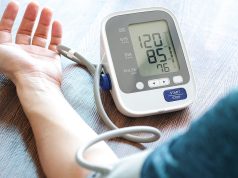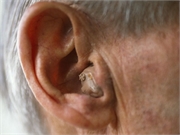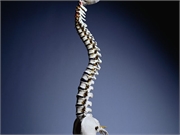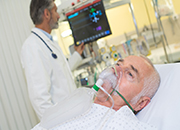Life Expectancy 78.60 Years for U.S. Population for 2009-2011
Highest life expectancy at birth for Hispanic women, non-Hispanic white women, Hispanic men
Physician’s Briefing Weekly Coronavirus Roundup
Here is what the editors at Physician's Briefing chose as the most important COVID-19 developments for you and your practice for the week of...
In Wales, One-Fifth of Adults With Hearing Aids Do Not Use Them
From 2004 to 2018, those who reported using their hearing aids regularly grew from 47 to 52 percent
Almost One in Three Black Young Adults in U.S. Have Hypertension
High prevalence rates accompanied by very low awareness and treatment rates
Flu Vaccination in High-Risk Groups May Reduce CV Events
Hospitalized patients at high risk who are vaccinated have lower rates of MI, TIA, cardiac arrest, death
Moderna Charging Much More for COVID-19 Vaccine Than Others
Vaccine currently in phase 3 trials; company confident it will be available by the end of the year
Longer Bisphosphonate Drug Holiday May Up Fracture Risk
For those with previous vertebral fracture, major osteoporotic fractures increased with holidays >12 months
COVID-19 Tied to Higher Risk for Large Vessel Occlusion Strokes
However, no association seen between COVID-19 and small vessel occlusion stroke
Life Expectancy 78.60 Years for U.S. Population for 2009-2011
Highest life expectancy at birth for Hispanic women, non-Hispanic white women, Hispanic men
Short-Term Risk for Below-Knee Amputation Not Increased With SGLT2i
Risk for below-knee amputation not increased versus DPP-4 inhibitor use in patients with type 2 diabetes



















